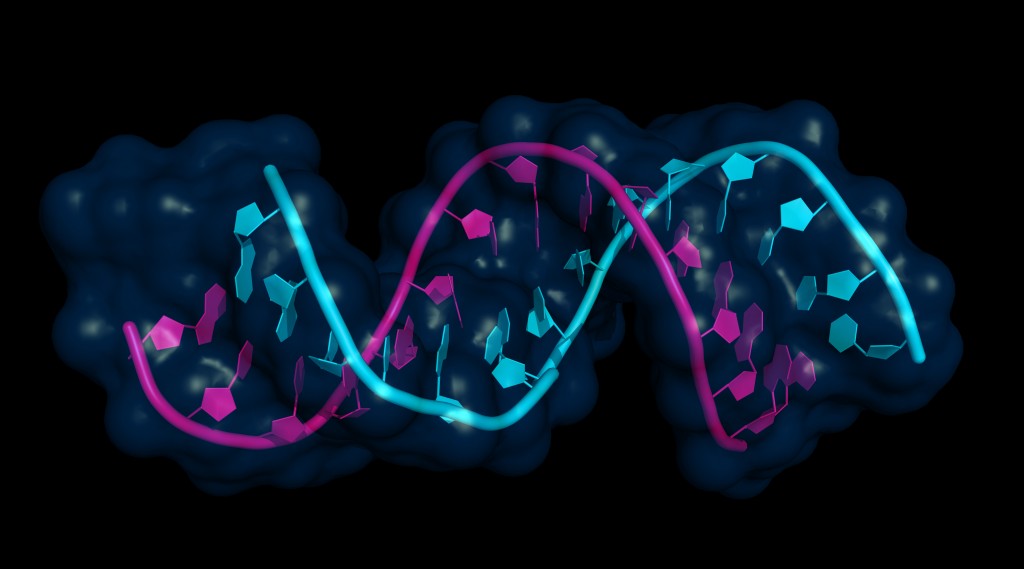Study finds modulating microRNA activity could impact the progression of diseases such as multiple sclerosis

In a recent study entitled “MicroRNA expression profiling of human blood monocyte subsets highlights functional differences,” a team of researchers discovered a pool of 66 microRNAsthat underlie differences in phenotype and function of a group of immune cells with key roles in multiple sclerosis. The study was published in the journal Immunology.
Within human blood, a panoply of immune cells play key roles in defending us from foreign pathogens and also from cells that go wrong, such as cancer cells. Monocytes are a class ofwhite blood cells accounting for 5% to 10% of all immune cells, and are key players at destroying viruses and bacteria, but also at acting as intermediaries to alert other immune cells to potential threats. We have two subsets of monocytes, according to the differential expression of a surface molecule called CD16.
CD16 positive cells are a particularly important group of immune cells with high levels inmultiple sclerosis but also in infectious diseases, such as HIV, and inflammatory conditions like sepsis. Notably, however, the mechanism underlying the two subsets of CD16 cells remains unknown, as Dr. Siew Cheng Wong of the Singapore Immunology Network at theAgency for Science, Technology and Research (A*STAR), and study lead author, noted in a press release: “Nobody really knows the function of these cells or the consequence of this cellular expansion during disease processes. Are these cells helping to control disease or does the expansion of these cells contribute to the pathogenesis?”
~~~~~~~~~~~~~~~~~~~~~~~~~~~~~~~~~~~~~
MS Views and News helps to provide information for all affected by MS
Keep up to date with the news and information we provide
by signing up by clicking here
.===================================
Visit our MS Learning Channel on YouTube: http://www.youtube.com/msviewsandnews


